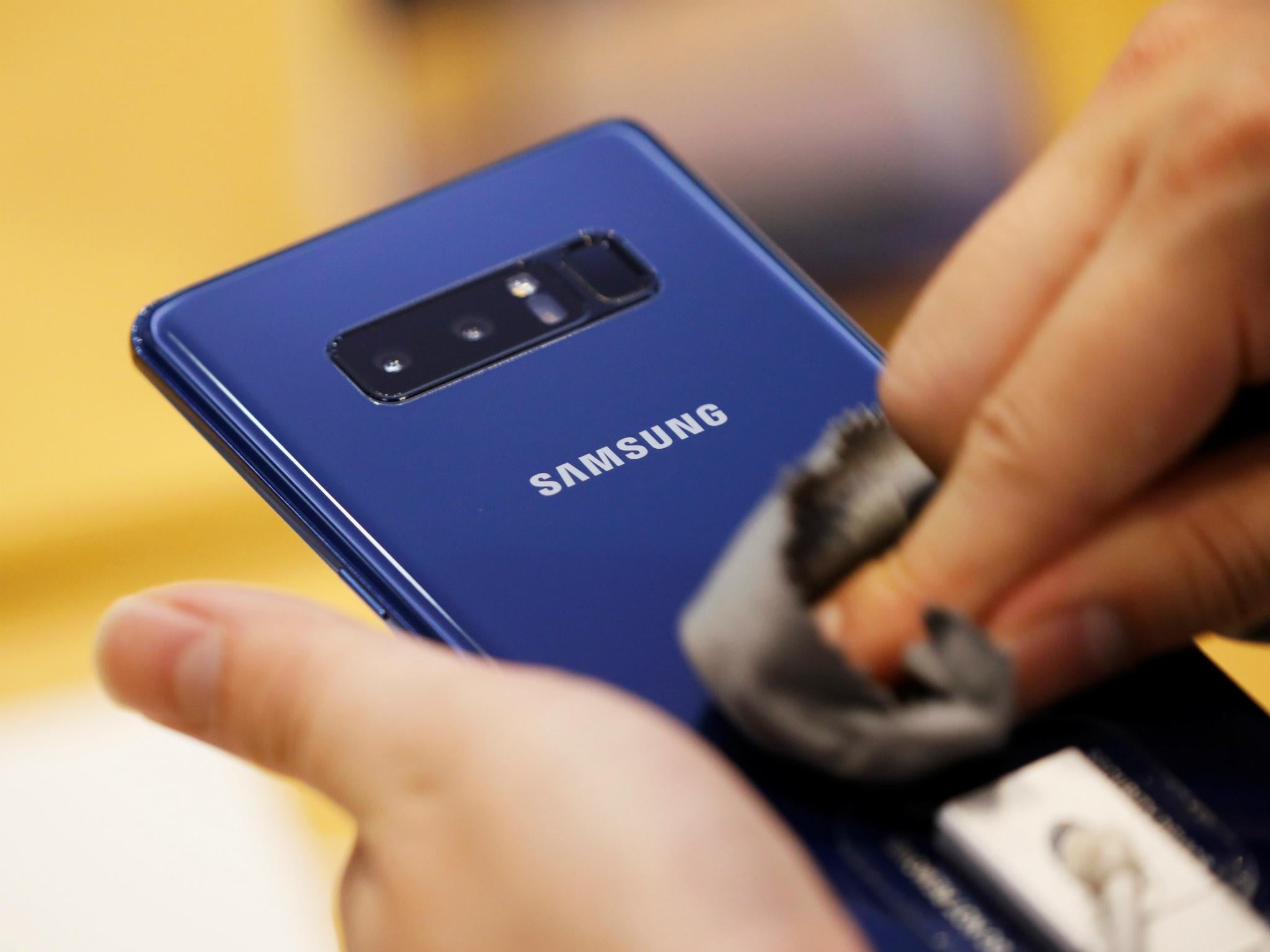The Independent's journalism is supported by our readers. When you purchase through links on our site, we may earn commission.
Italy investigates claims Samsung and Apple are intentionally slowing down older phones
The companies have been accused of throttling performance, in order to get customers to upgrade

Your support helps us to tell the story
From reproductive rights to climate change to Big Tech, The Independent is on the ground when the story is developing. Whether it's investigating the financials of Elon Musk's pro-Trump PAC or producing our latest documentary, 'The A Word', which shines a light on the American women fighting for reproductive rights, we know how important it is to parse out the facts from the messaging.
At such a critical moment in US history, we need reporters on the ground. Your donation allows us to keep sending journalists to speak to both sides of the story.
The Independent is trusted by Americans across the entire political spectrum. And unlike many other quality news outlets, we choose not to lock Americans out of our reporting and analysis with paywalls. We believe quality journalism should be available to everyone, paid for by those who can afford it.
Your support makes all the difference.Claims that Samsung intentionally slows down older smartphones in order to “induce” customers to buy new models are being investigated in Italy.
The South Korean company is claimed to have used software updates to slow down mobile phones. Apple is facing the same allegations.
Italy’s antitrust body, the Autorità Garante della Concorrenza e del Mercato (AGCM), says both companies may have violated four articles of Italy’s Consumers Code.
If they’re found guilty, the technology giants face multi-million euro fines.
Apple and Samsung have been accused of setting up “a general commercial policy taking advantage of the lack of certain components to curb the performance times of their products and induce consumers to buy new versions”, the AGCM says.
The companies also allegedly released software updates that would slow smartphones down “without reporting the possible consequences of the same update and without providing sufficient information to maintain an adequate level of performance of such devices”, the watchdog says.
Samsung has denied the allegations, and says it will cooperate with the investigation.
“Samsung does not provide the software updates to reduce the product performance over the life cycle of the device,” the company told Nikkei.
“We will fully cooperate with Italian Authority for Market and Competition’s investigation in Italy to clarify the facts.”
Last month, Samsung released a statement saying, “Product quality has been and will always be Samsung Mobile’s top priority. We ensure extended battery life of Samsung mobile devices through multi-layer safety measures, which include software algorithms that govern the battery charging current and charging duration.
“We do not reduce CPU performance through software updates over the lifecycles of the phone.”
Apple, meanwhile, is facing multiple lawsuits after it emerged that the company had been limiting the performance of some older models of iPhone, without telling consumers.
It says the feature was intended as a way of stopping phones with degraded batteries from shutting down randomly, and not as a way of making people buy new iPhone models sooner.
Authorities in France have also opened an investigation into the issue under the country’s “planned obsolescence” laws.
Join our commenting forum
Join thought-provoking conversations, follow other Independent readers and see their replies
Comments